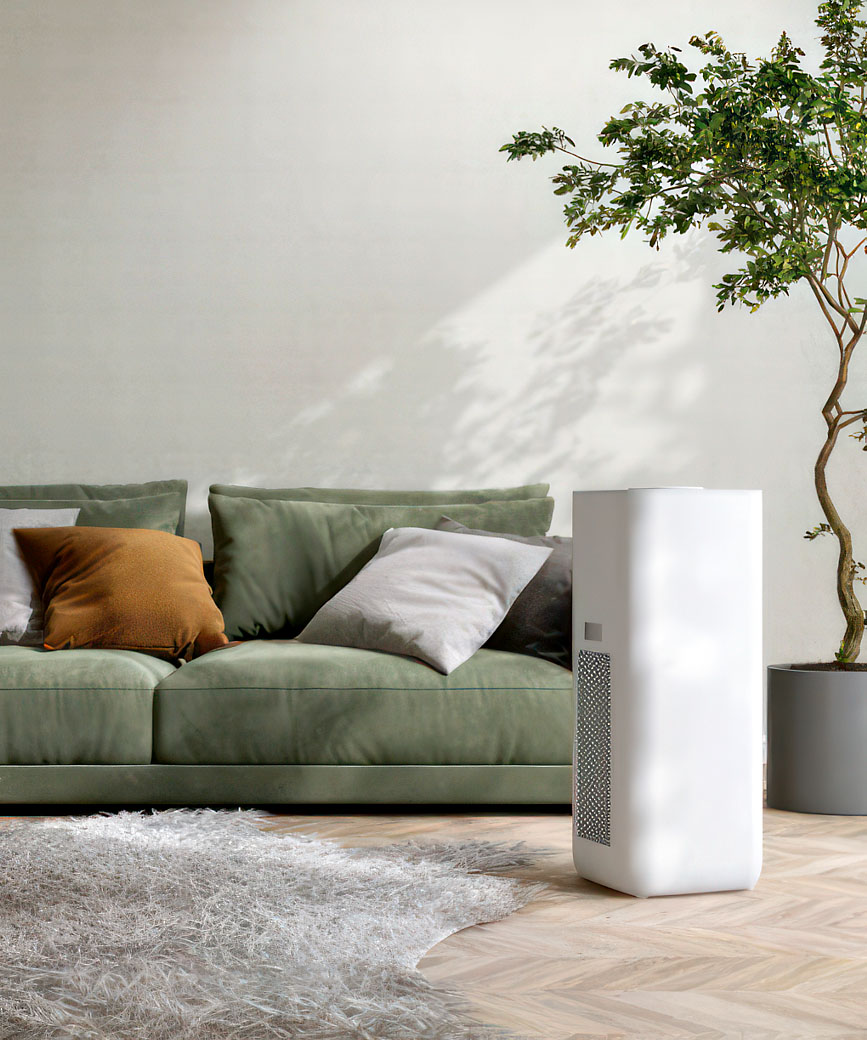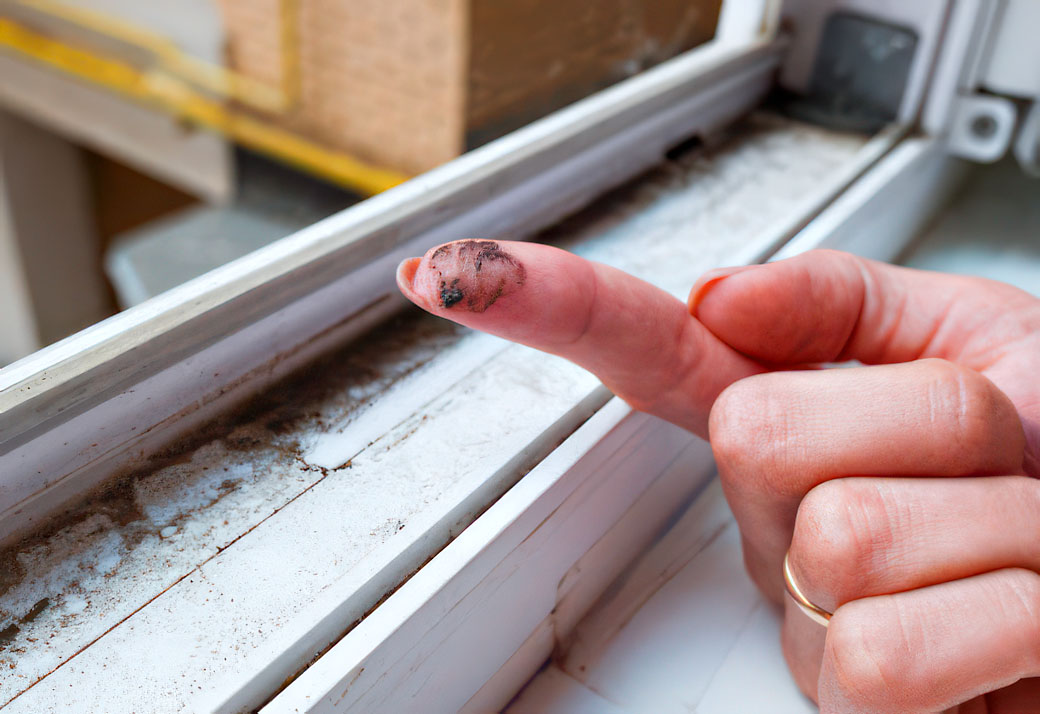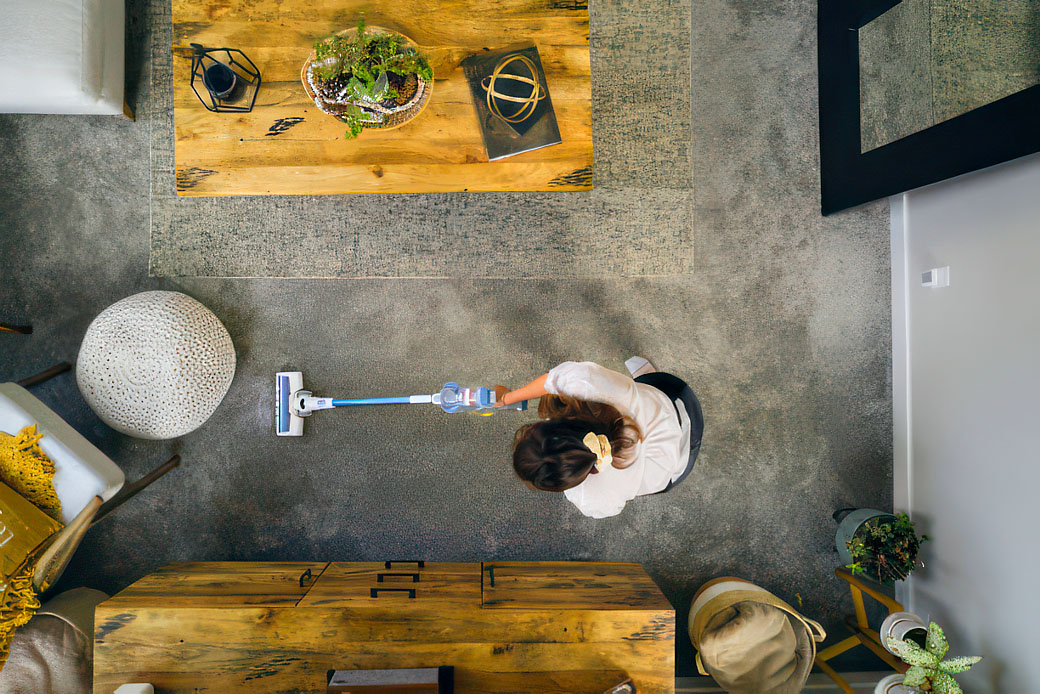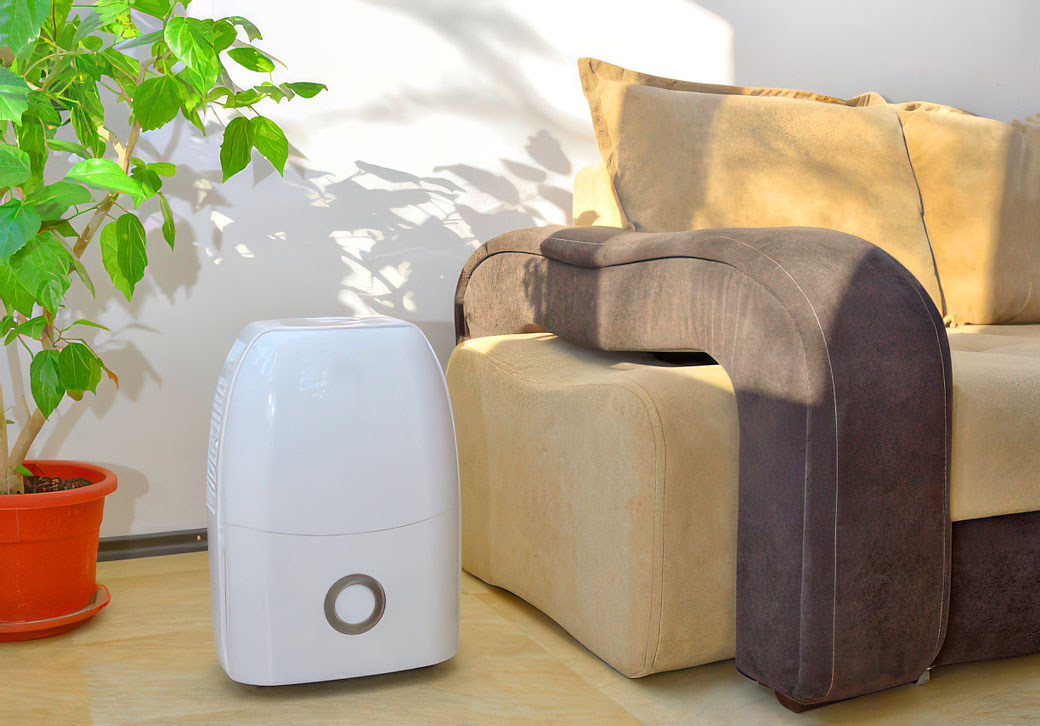
Revitalize Your Home: Tips for Refreshing Stuffy Air
Stuffy air can make your home feel uncomfortable and unpleasant. Whether it's due to poor ventilation, lingering odors, or high humidity, there are several ways to refresh the air in your home and create a more inviting environment for you and your family.
Understanding Stuffy Air
Stuffy air occurs when indoor air becomes stagnant and lacks proper circulation. This can happen for several reasons, including poor ventilation, a buildup of indoor pollutants, and high humidity levels. Stuffy air can make your home feel stuffy, musty, and uncomfortable.
Causes of Stuffy Air
There are several factors that can contribute to stuffy air in your home, including:
- Poor ventilation: Without adequate airflow, indoor air can become stale and stuffy.
- Indoor pollutants: Dust, pet dander, and other allergens can accumulate in your home and contribute to stuffy air.
- High humidity: Excess moisture in the air can make your home feel damp and stuffy.
- Lingering odors: Cooking odors, smoke, and other unpleasant smells can linger in your home and make the air feel stale.
Ways to Refresh Stuffy Air
1. Open Windows and Doors
One of the simplest ways to refresh stuffy air is to open windows and doors to let in fresh air from outside. This can help to improve ventilation and flush out indoor pollutants.
2. Use Natural Air Fresheners
Instead of using artificial air fresheners, which can contain harmful chemicals, opt for natural alternatives such as essential oils, baking soda, or vinegar. These can help to neutralize odors and freshen the air in your home.
3. Clean and Declutter
Regular cleaning and decluttering can help to reduce the buildup of dust and other pollutants in your home. Focus on areas that tend to collect dust, such as shelves, carpets, and upholstery.
4. Invest in an Air Purifier
An air purifier can help to remove indoor air pollutants and improve the overall air quality in your home. Look for a purifier with a HEPA filter, which is designed to capture small particles.
5. Control Humidity Levels
High humidity can contribute to stuffy air and promote the growth of mold and mildew. Use a dehumidifier to control humidity levels in your home and keep them between 30-50%.
6. Bring in Plants
Plants not only add a touch of greenery to your home but can also help to improve air quality by absorbing carbon dioxide and releasing oxygen. Choose plants that are known for their air-purifying properties, such as peace lilies or spider plants.
7. Use Natural Ventilation
Utilize natural ventilation by opening windows and doors strategically. Cross-ventilation, where you open windows on opposite sides of a room, can create a refreshing breeze that helps to clear out stuffy air.
8. Create Air Flow
Use fans to create air flow in your home. Ceiling fans can help to circulate air and prevent it from becoming stagnant, while box fans can be used to draw fresh air in from outside.
9. Clean Air Ducts and Filters
Regularly clean your air ducts and replace filters in your HVAC system to prevent dust and other pollutants from circulating in your home.
10. Use Natural Cleaning Products
Switch to natural cleaning products that are free of harsh chemicals. This can help to reduce indoor air pollution and improve the overall air quality in your home.
Conclusion
By following these tips, you can refresh the air in your home and create a more comfortable and inviting living space for you and your family. Experiment with different solutions to find what works best for your home and lifestyle, and enjoy the benefits of cleaner, fresher air.
Trending Articles











